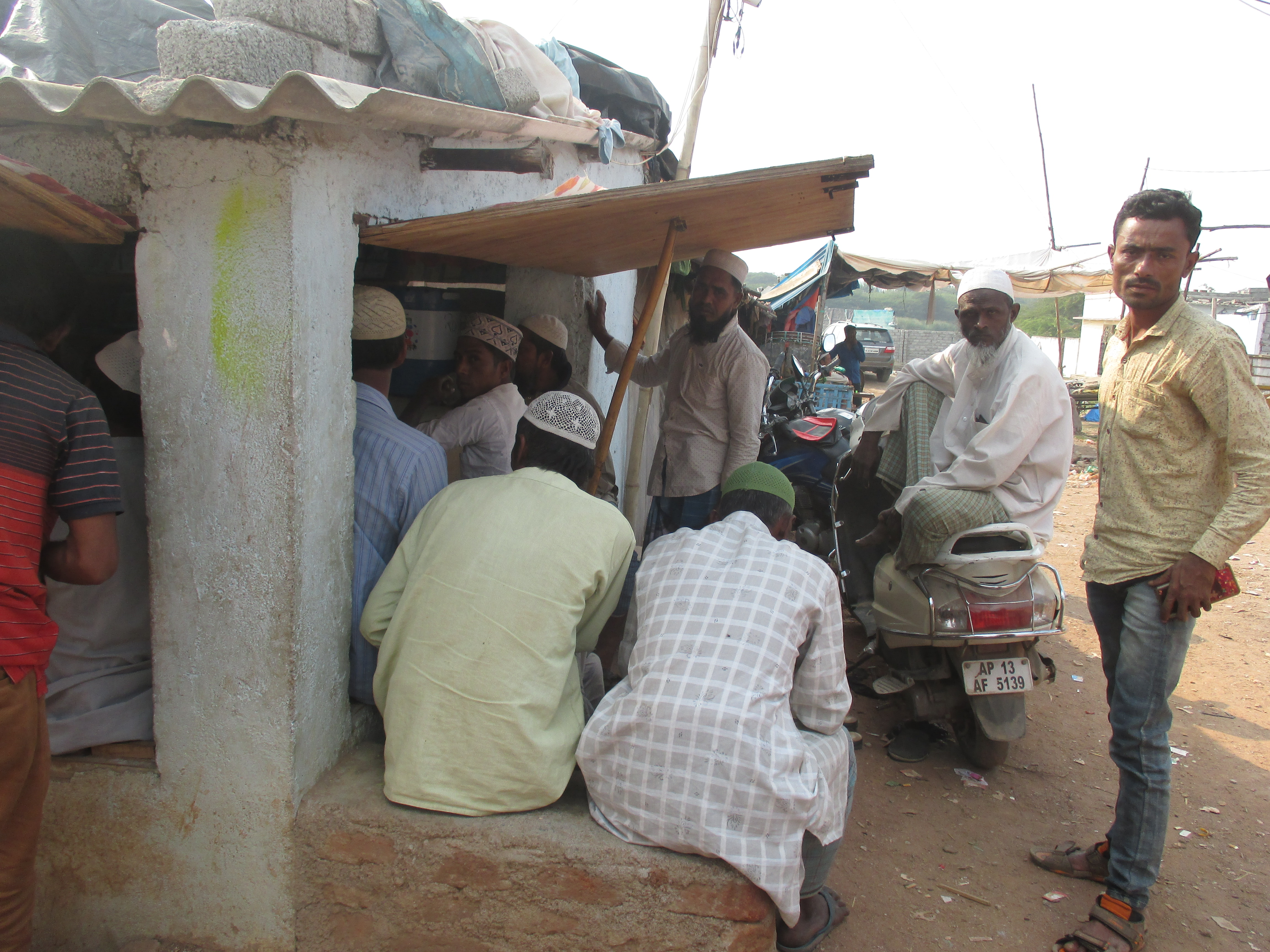By Nikhat Fatima, TwoCircles.net
The Rohingyas have been termed by the United Nations as one of the most persecuted minorities in the world. Having fled their home country Myanmar for their lives, several Rohingyas have found refuge in India and Bangladesh from the last couple of years.
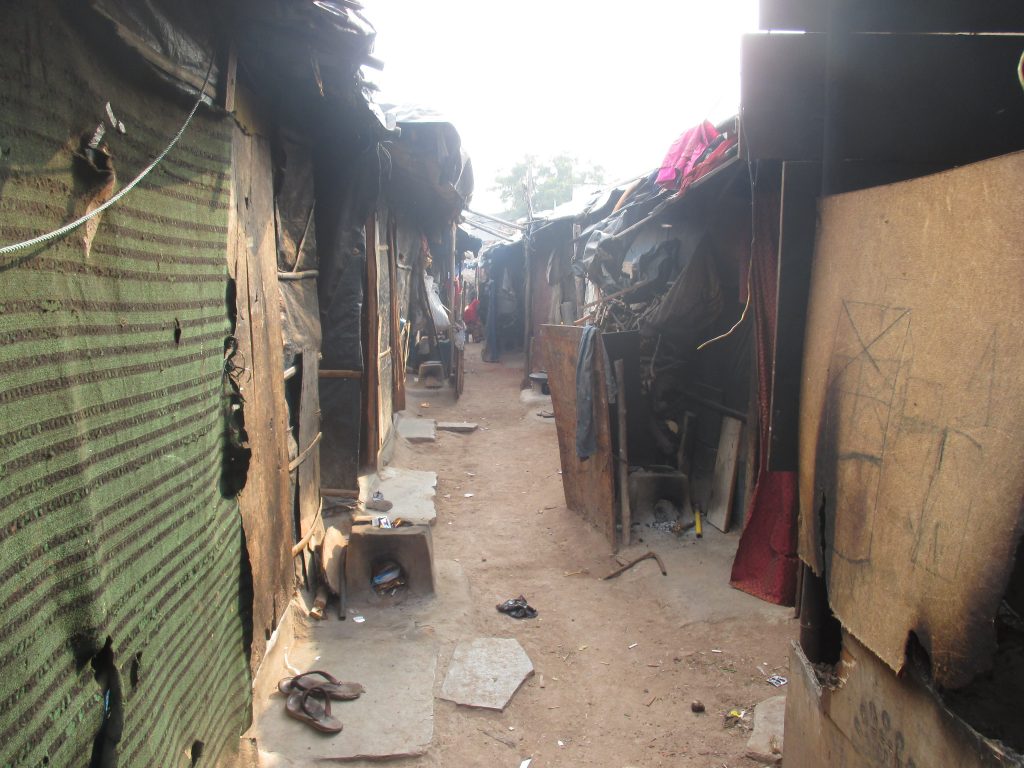
Around 10,000 Rohingya refugees currently live in Balapur, Shaheennagar, Barkas and Chandrayangutta areas on the outskirts of Hyderabad city. One of the most controversial aspects of the Citizenship Amendment Act was that it contains no provision to allow Rohingyas to apply for citizenship even though they are have been religiously persecuted.
Inside the camps, the situation is calm. The Rohingya women stay at home while the men are engaged mostly in two occupations viz., rag/scrap picking and construction labourers. Those who arrived in India quite some time ago have learnt Hyderabadi Urdu and are living in concrete houses sharing the house with other 2 or 3 families while many of them are still living in the makeshift houses, shanties putting up with scarcity of water, lack of drainage facilities and other basic amenities.
They say they are happy and feel safe in India. Some have even come from Bangladesh after living in the refugee camp in Dhaka for a few months. Talking to Twocirlces.net, a group of women who were leaning the Quran with a local Hyderabadi Alima (scholar) said they were all aware of the NRC and what it means to not be able to pass the NRC test.
Hasina, a young woman whose sisters are here in India while her parents are in Bangladesh, “Yes, we are not citizens of India and if the Government of India wants to send us to detention camps we are ready to go. But we will never go back to Myanmar. We are afraid for our lives.”
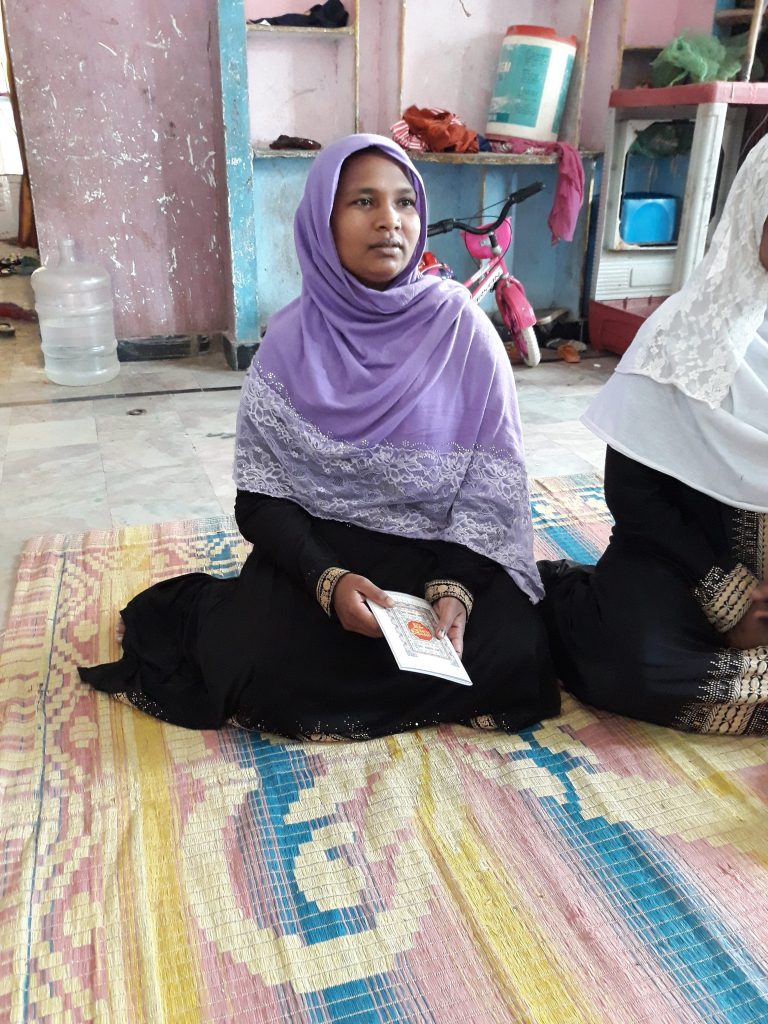
Another woman, Umar Kulsum said, “It is better if the Government of India kills us instead of sending us back to Myanmar. At least we will get a decent burial here whereas back home the military men rape us, kill us and set our bodies afire or throw them to the fishes in the sea.”
Sakina, another resident, felt differently. “We want the Indian Government to talk to our Government to stop the violence against us and allow us to go back. We will be happy to return if there is no threat to our lives.”
Narrating the horrific incidents of rapes and brutal murders they witnessed of their fellow Rohingyas and narrowly escaped from, another woman said, “We know that the BJP Government is not a friend of the Muslims but if they don’t want us to stay here then we request them to talk to our leaders and ministers.” Her husband is in jail for trying to make an India passport despite having the ‘refugee ID card’.
The Rohingyas have tried to make the space they inhabit a little more familiar. There is even a Burma Bazar which the Rohingyas have established with about 6-7 shops including a hair cutting saloon and an internet café plus 3 hotels.
At the internet café, a group of men were listening to the live proceedings of the case against the Myanmar Government by the Gambia in the International Court of Justice at the Hague.
Md Khadar is one of the leaders of the Rohingya Muslims and attends the meetings on their behalf in other places in India. He had organized a prayer meeting that day (11th December) for the genocide case against the Government Myanmar to be proved and that those responsible for the tortures, rapes and murders be held accountable.
Md Khadar said, “We are thankful to India for allowing us to live here. And also to the people of Hyderabad who let us live in peace. Even the Telugu speaking people of Hyderabad treat us well. I don’t think they hate us for being here. But one day we want to go back. We cannot be guests for so long.” Khadar cannot stand for long nor can he walk for long because he has some broken bones in his right leg which he says was the result of the torture by the Myanmar military who also broke two of his front teeth.
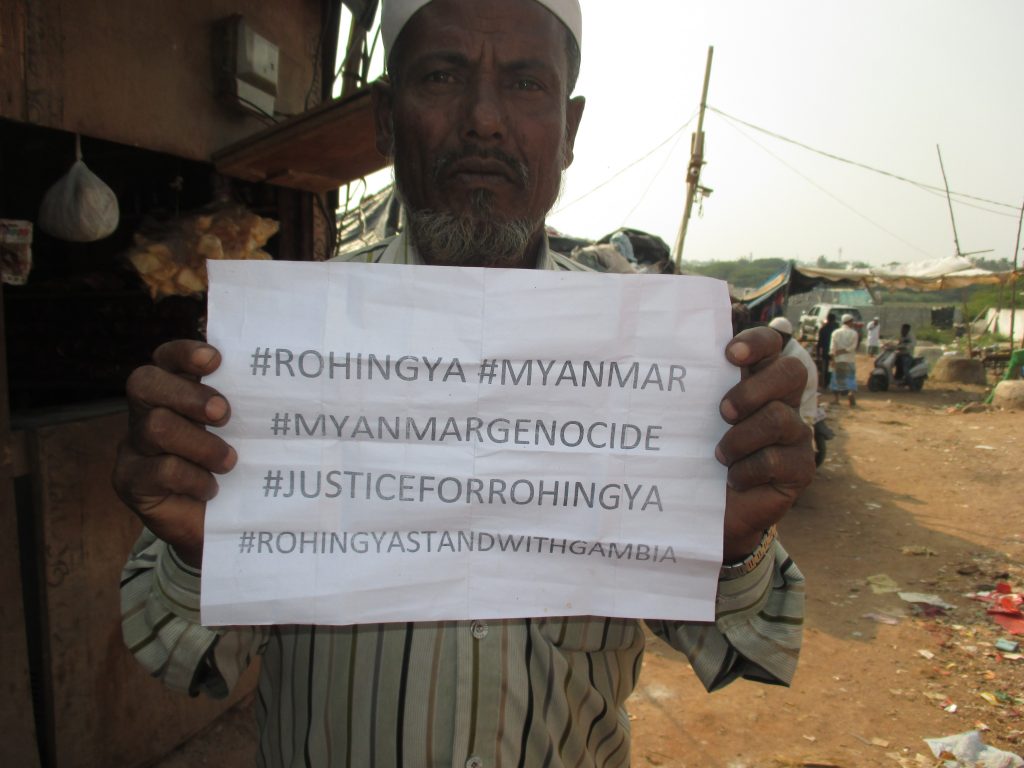
Mohammed Hussain, who works on construction sites, laughed when asked whether he was aware of the Citizenship Amendment Act and NRC (National Registry of Citizens), says, “Yes, we have our refuge cards with us that says we are not Indians and that we are here for a temporary stay. We will go if we have to.” He feels that till he has the UN Refugee card he is safe here and has permission to stay here.
Mohammed Toha is another leader of the Rohingya Muslims of Balapur area. He settles the quarrels of the people of his community, runs an Islamic school for the children of his community, meets up local Hyderabadi leaders to mobilise funds and donations for the community and even encourages his people to seek odd jobs. He calls himself the ‘Owaisi’ of the Rohingyas. Mohammed Toha also feels that one day they have to go back to their country.
“No matter how many years I get to stay here, I will still not be considered a citizen of India. Assuming even if the Indian government did give me citizenship, then after a decade or two after my death, my children may be asked to prove their citizenship. Again, the Government ruling at that time may begin the NRC process. So one way or the other we will be considered non-citizens and sent back. We are not afraid of going back but I feel the Indian Government is strong enough to intervene and resolve the issue and stop the violence against us.”
He too like the others said that he likes it in India because he has seen people of different religions living together in peace.
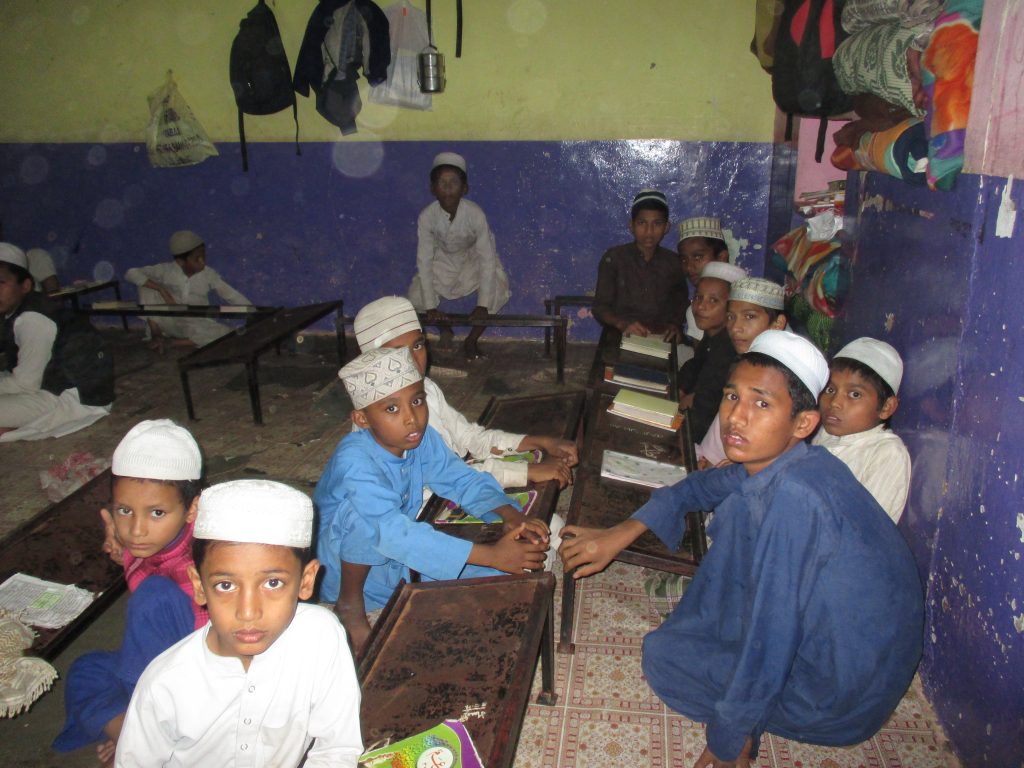
Md Haroon, a young Hafeez ( One who has memorized the Quran) who teaches in the Islamic school where 40 Rohingya boys come to learn the Quran, English and their own Rohingya language, said, “ We are not afraid of the CAB and NRC. We know we are not citizens of India and we will be sent away from here, maybe back to Myanmar but we are not living illegally here. We have been issued the Refugee Cards, so how can you call us illegal? And why should you send us back or to any detention camp when you know we are not illegal immigrants nor are we making false claims of being Indian citizens?”


